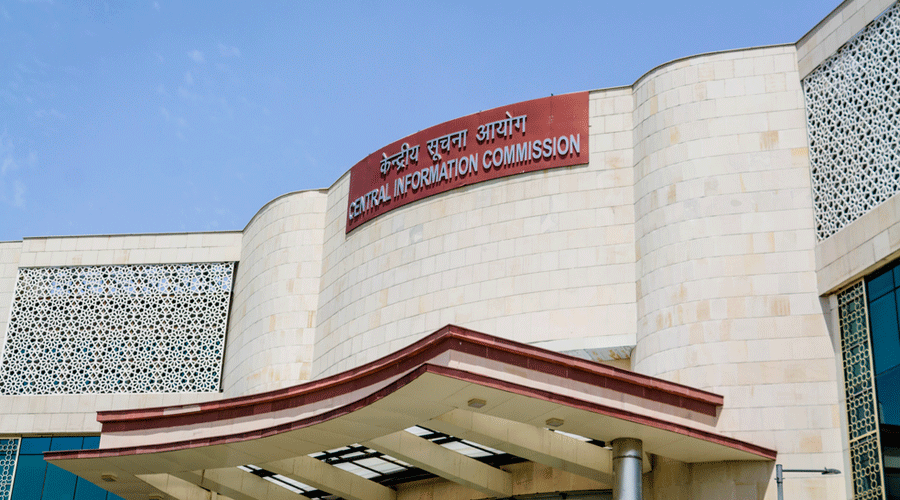The central information commissioner (CIC) has directed the law ministry to furnish within 30 days “a clear, cogent and timely response” on an RTI application seeking a copy of a communication addressed by the ministry to all high court chief justices to consider SCs, STs, OBCs, minorities and women while appointing high court judges.
There currently is no law or enabling provision for reservation in the appointment of judges of high courts and the Supreme Court.
The RTI applicant, Venkatesh Nayak, had sought information from the law ministry on the basis of an unstarred question that the minister of state for law and justice and corporate affairs had answered on January 5, 2018, in the Rajya Sabha where he had spoken of such a quota request to high court chief justices.
The applicant had also sought a photocopy of the request sent by the government to the chief justices of the high courts for ensuring the consideration of suitable candidates from among SCs, STs, OBCs, minorities and women while sending proposals for the appointment of judges. Nayak had also asked for photocopies of replies received from the chief justices, if any.
In his complaint to the CIC, Nayak had submitted that the central public information officer (CPIC) had in a letter dated August 7, 2018, refrained from giving any information on the ground that such matters could not be disclosed. Nayak had then filed a statutory appeal with the law ministry’s first appellate authority (FAA) against the officer’s refusal but did not get any response.
Allowing Nayak’s appeal, CIC Bimal Julka in an order issued on July 23 referred to a number of judgments of Delhi High Court and said the appellate authorities were bound to respond to an applicant by a “speaking order” and could not ignore responding to an appeal filed under the RTI Act against the CPIO’s order.
“Keeping in view the facts of the case and the submissions made by the appellant and in the light of the decisions cited above as also the provisions of the Act as per which a clear, cogent and timely response ought to be provided by the CPIO/FAA, the commission instructs the respondent to FAA (of the law ministry) to examine the RTI application/ first appeal and provide a clear, cogent and precise response to the appellant within a period of 30 days from the date of receipt of this order depending upon the condition for containment of the coronavirus pandemic in the country,” CIC Julka said in the order.
“The commission also instructs the respondent public authority to convene periodic conferences/seminars to sensitise, familiarise and educate the concerned officials about the relevant provisions of the RTI Act, 2005, for effective discharge of its duties and responsibilities. The appeal stands disposed accordingly,” he added.










